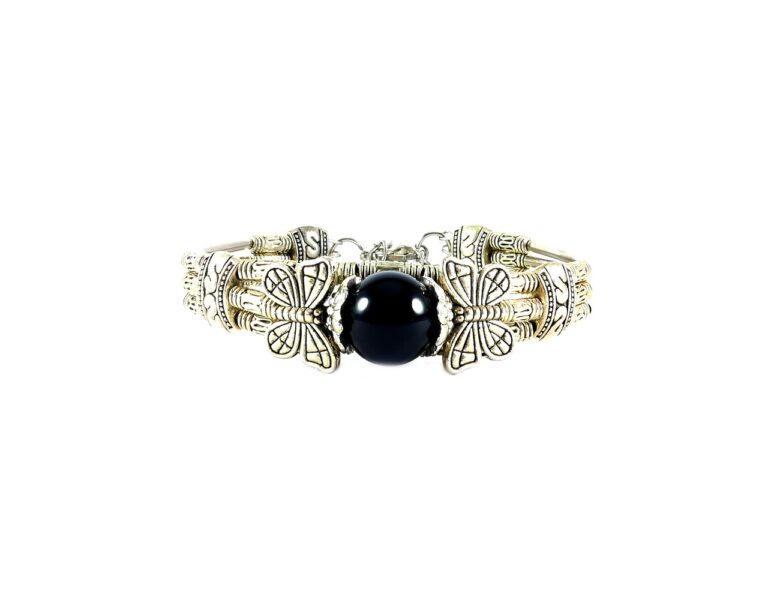Integrating Sustainability into Boutique Fashion Supply Chains: Silverexch.com login, Goldenexch, Betbook 247.com
silverexch.com login, goldenexch, betbook 247.com: Integrating Sustainability into Boutique Fashion Supply Chains
In today’s world, sustainability has become a crucial aspect of every industry, including the fashion industry. As consumers become more conscious of their environmental impact, they are demanding transparency and accountability from the brands they support. This shift in consumer behavior has led many fashion companies, especially boutique fashion brands, to reevaluate their supply chains and incorporate sustainable practices into their operations.
In this article, we will explore the importance of integrating sustainability into boutique fashion supply chains and the steps that brands can take to achieve this goal.
Why is sustainability important in the fashion industry?
The fashion industry is one of the largest contributors to environmental pollution and waste. From water consumption to chemical usage to textile waste, the impact of fashion production on the environment is significant. By integrating sustainability into their supply chains, boutique fashion brands can reduce their carbon footprint, preserve natural resources, and minimize waste.
In addition to environmental benefits, sustainability in the fashion industry also has social and economic implications. Many fashion brands rely on labor-intensive production processes, often in developing countries where labor rights are not always respected. By adopting sustainable practices, brands can ensure fair wages and working conditions for their workers, thereby fostering a more ethical and responsible industry.
How can boutique fashion brands integrate sustainability into their supply chains?
There are several steps that boutique fashion brands can take to integrate sustainability into their supply chains. Here are some key strategies:
1. Source sustainable materials: One of the most important ways for boutique fashion brands to reduce their environmental impact is by sourcing sustainable materials. This includes using organic cotton, recycled polyester, and other eco-friendly fabrics in their designs.
2. Reduce waste: Boutique fashion brands can minimize waste in their supply chains by implementing waste reduction strategies, such as optimizing production processes, recycling textile scraps, and using biodegradable packaging materials.
3. Support ethical labor practices: To ensure fair labor practices in their supply chains, boutique fashion brands should work with suppliers who adhere to labor rights standards and provide safe working conditions for their workers.
4. Embrace slow fashion: Instead of following fast fashion trends that promote overconsumption, boutique fashion brands can adopt a slow fashion approach by producing high-quality, timeless pieces that are designed to last.
5. Educate consumers: Boutique fashion brands can raise awareness about sustainability by educating their consumers about the environmental and social impact of their purchasing choices. This can be done through social media campaigns, blog posts, and other marketing initiatives.
6. Collaborate with like-minded brands: By partnering with other sustainable fashion brands, boutique fashion brands can amplify their impact and create a larger movement towards sustainability in the industry.
FAQs
Q: How can boutique fashion brands ensure the traceability of their supply chains?
A: Boutique fashion brands can ensure the traceability of their supply chains by working with suppliers who provide transparency about their sourcing and production processes. This can include certifications, audits, and other verification methods to track the origin of materials and ensure ethical practices.
Q: Is sustainable fashion more expensive to produce?
A: While sustainable fashion may have higher upfront costs due to the use of eco-friendly materials and ethical labor practices, it can ultimately save costs in the long run by reducing waste and improving brand reputation. Additionally, consumers are increasingly willing to pay a premium for sustainable products.
Q: What are some sustainable certifications that boutique fashion brands can look for in their suppliers?
A: There are several sustainable certifications that boutique fashion brands can look for in their suppliers, such as GOTS (Global Organic Textile Standard), Fair Trade, and Bluesign. These certifications ensure that suppliers meet specific environmental and social criteria in their production processes.
In conclusion, integrating sustainability into boutique fashion supply chains is essential for the future of the industry. By adopting sustainable practices, boutique fashion brands can reduce their environmental impact, support ethical labor practices, and meet the growing demand for sustainable products from consumers. It’s time for boutique fashion brands to take the lead in creating a more sustainable and responsible industry for the years to come.







